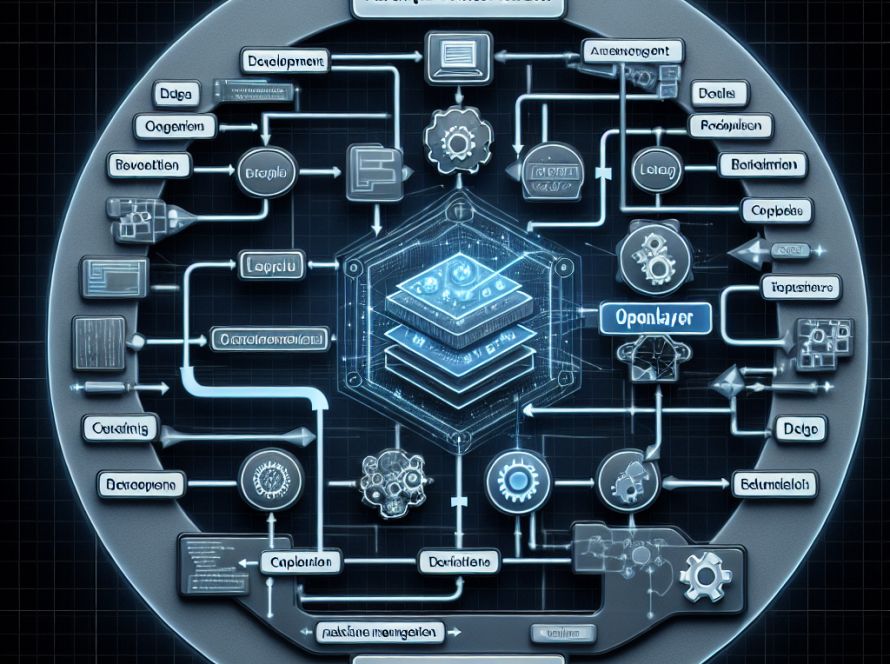The rise of Artificial Intelligence (AI)-generated music available on streaming platforms such as Spotify is causing concern, particularly for those working in the music industry. AI tools such as Udio, Suno, and Limewire allow the creation of naturally-sounding music, which can then easily be uploaded and monetised. While music production has long been democratised, former Stability Audio team leader Ed Newton-Rex highlights concerns over the licensing and copyright of AI-generated music.
Newton-Rex suggests that AI-generated music is trained on existing works in many cases, competing directly with the original artists themselves. This is not a concern confined to music but replicates a situation seen in visual arts, where graphic designers are finding their work competing with AI-created versions. Accordingly, there are growing calls for streaming companies to either de-monetise or remove AI-generated content.
However, not all view this as problematic. Some see the role of technology and AI as a natural part of the evolution of the arts, enabling broader societal engagement. And questions arise as to what can be considered ‘authentic’ creativity in the digital age.
Despite these debates, there remains a clear issue with AI companies using data without payment to create their models. This has led to calls for heavy regulation, but many in the industry feel this to be unrealistic.
Spotify, in the midst of this controversy, reportedly removed tens of thousands of AI-created songs that were suspected of having artificially inflated play counts. Daniel Ek, Spotify’s CEO, subsequently shed some light on the company’s stance in a 2023 interview. While Spotify would continue to host AI-generated content, it will not support tracks impersonating real artists without consent.
As the prominence of AI-generated music continues, a collective of prominent artists pledged to confront the matter, including Billie Eilish, Nicki Minaj, Pearl Jam, R.E.M, Chase & Status, and Jon Bon Jovi. Some artists have already taken action to monetise their musical assets for use by AI, including T-Pain and John Legend.
As AI music becomes more prevalent, the potential impacts are likely to be felt primarily by smaller, indie producers who lack the perspective, resources, and influence to tackle these challenges on their terms. This spurs growing concern about the future balance of power in the music industry and the place of human creativity in a data-driven world.


